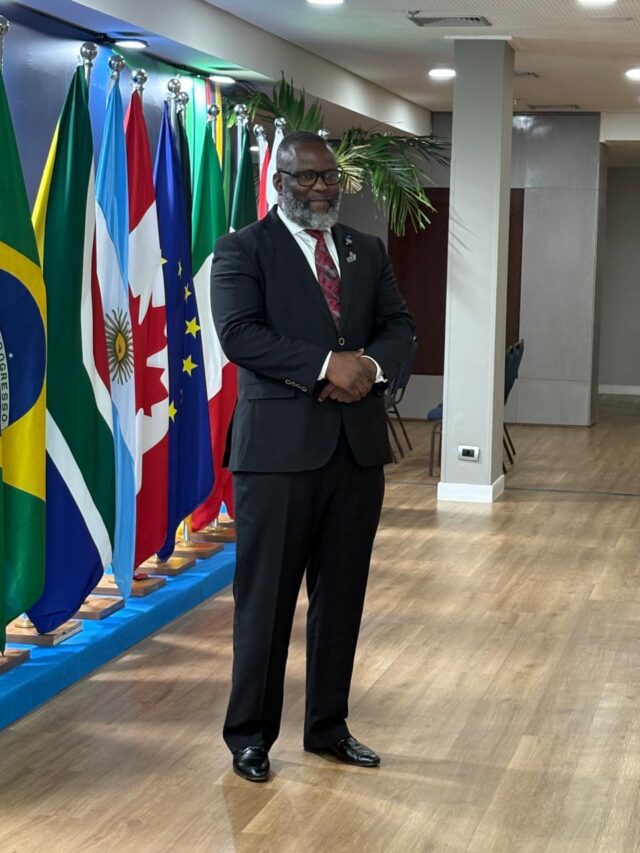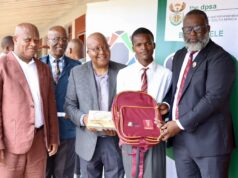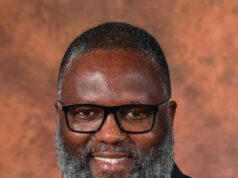The Minister for the Public Service and Administration, Inkosi Mzamo Buthelezi, in collaboration with the Special Investigating Unit and the Department of Justice, will lead the inaugural G20 Anti-Corruption Working Group meeting from March 3 to 5 in the Western Cape.
As the world grapples with corruption, the G20 Anti-Corruption Working Group (ACWG) is poised to make significant strides in its mission. This gathering represents a crucial effort to confront a global challenge that undermines development, economic stability, and public trust.
Established in 2010, the ACWG fosters collaboration among G20 nations to combat corruption through shared practices and collective action. The urgency of this mission is underscored by the pervasive nature of corruption, which manifests in various forms, from bribery and nepotism to the misappropriation of public funds. Its implications are far-reaching, affecting economic growth and governance integrity. In our interconnected world, the impact of corruption transcends borders, making international cooperation essential.
One of the ACWG’s primary objectives is strengthening the public sector by promoting transparency, integrity, and accountability. A robust public sector ensures ethical governance, vital for maintaining public trust. Enhancing ethical standards fosters a culture of accountability, encouraging officials to serve their communities with integrity. However, implementing effective measures can be challenging due to bureaucratic inefficiencies and entrenched practices.
Another vital focus of the ACWG is improving asset recovery processes. The return of illicitly obtained assets is a moral imperative, as outlined in the United Nations Convention against Corruption (UNCAC). Recovered assets can fund critical development projects, enhancing living standards and economic growth. Yet, the complexities of asset recovery—often complicated by differing legal frameworks—pose significant challenges. The ACWG aims to streamline these processes, promoting cooperation among nations to enhance recovery efforts.
Inclusive participation in anti-corruption initiatives is essential. Since corruption affects all sectors of society, engaging a diverse array of stakeholders—including civil society, the private sector, and academia—is crucial. Collective action fosters a culture of integrity and shared responsibility, enriching dialogue and promoting sustainable growth. The youth play a vital role, bringing creativity and a commitment to justice that can drive meaningful change.
Education is also key in preventing corruption and raising awareness of its consequences. The ACWG promotes initiatives that equip individuals with the knowledge to recognize and combat corruption. By fostering a culture of integrity from a young age, societies can build a stronger framework for accountability.
Protecting whistle-blowers is critical for enhancing anti-corruption efforts. Fear of retaliation often prevents individuals from reporting corrupt practices. The ACWG will explore legislative reforms to ensure robust protections for whistle-blowers, creating an environment conducive to accountability.
As the inaugural ACWG meeting in Cape Town approaches, anticipation builds around its potential outcomes. By addressing the root causes of corruption and reinforcing accountability mechanisms, the ACWG aspires to lay the groundwork for a more equitable future. The commitment of G20 nations to combating corruption serves as a powerful testament to their resolve in tackling one of the most pressing challenges of our time.
In summary, the ACWG is pivotal in the fight against corruption. Focusing on strengthening public institutions, enhancing asset recovery, promoting inclusive participation, and protecting whistle-blowers, the group is poised to make a lasting impact. The G20 nations can set a powerful example of integrity and accountability through collaboration and shared commitment, contributing to a more just and equitable world.









